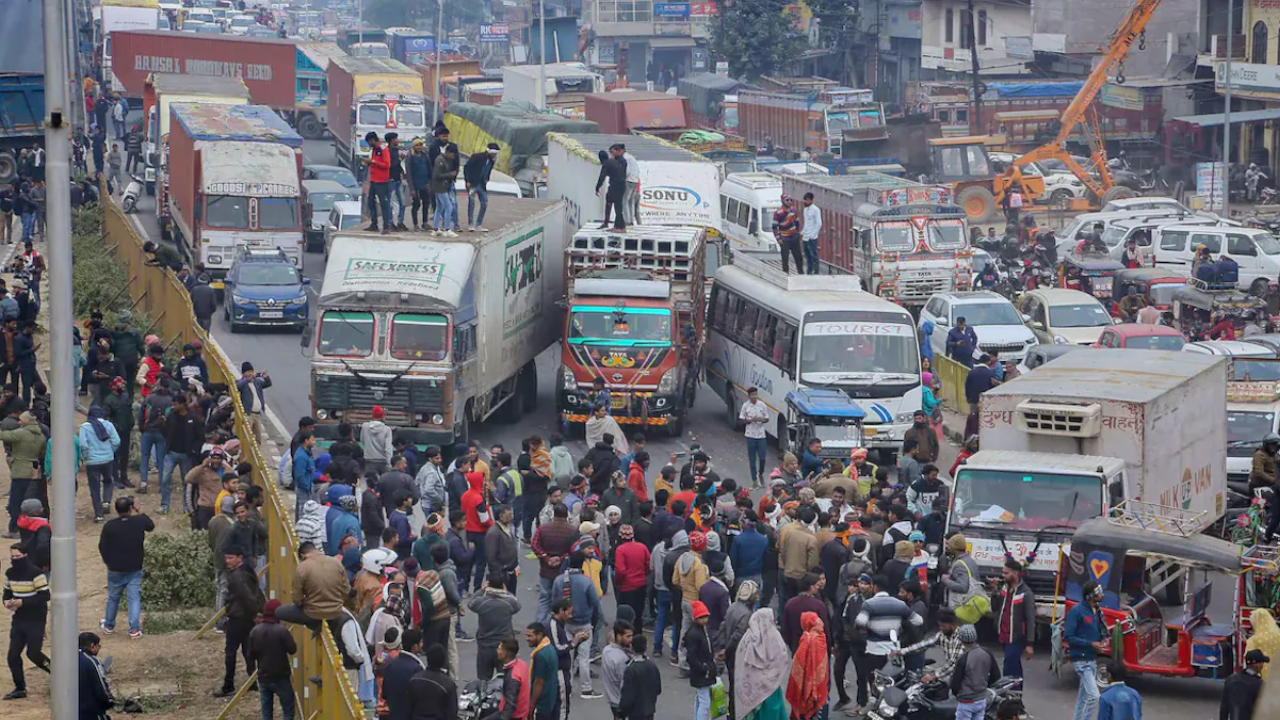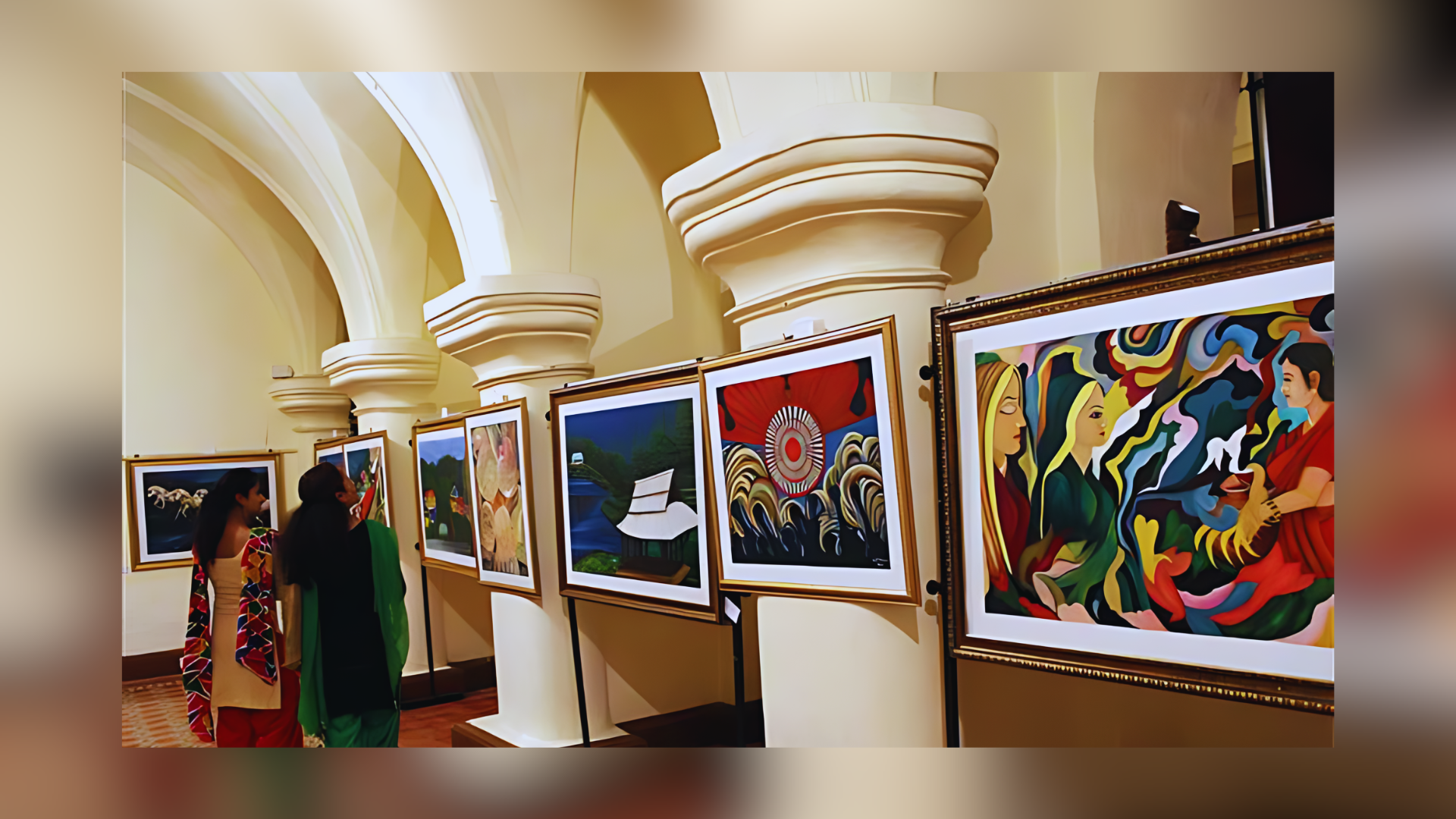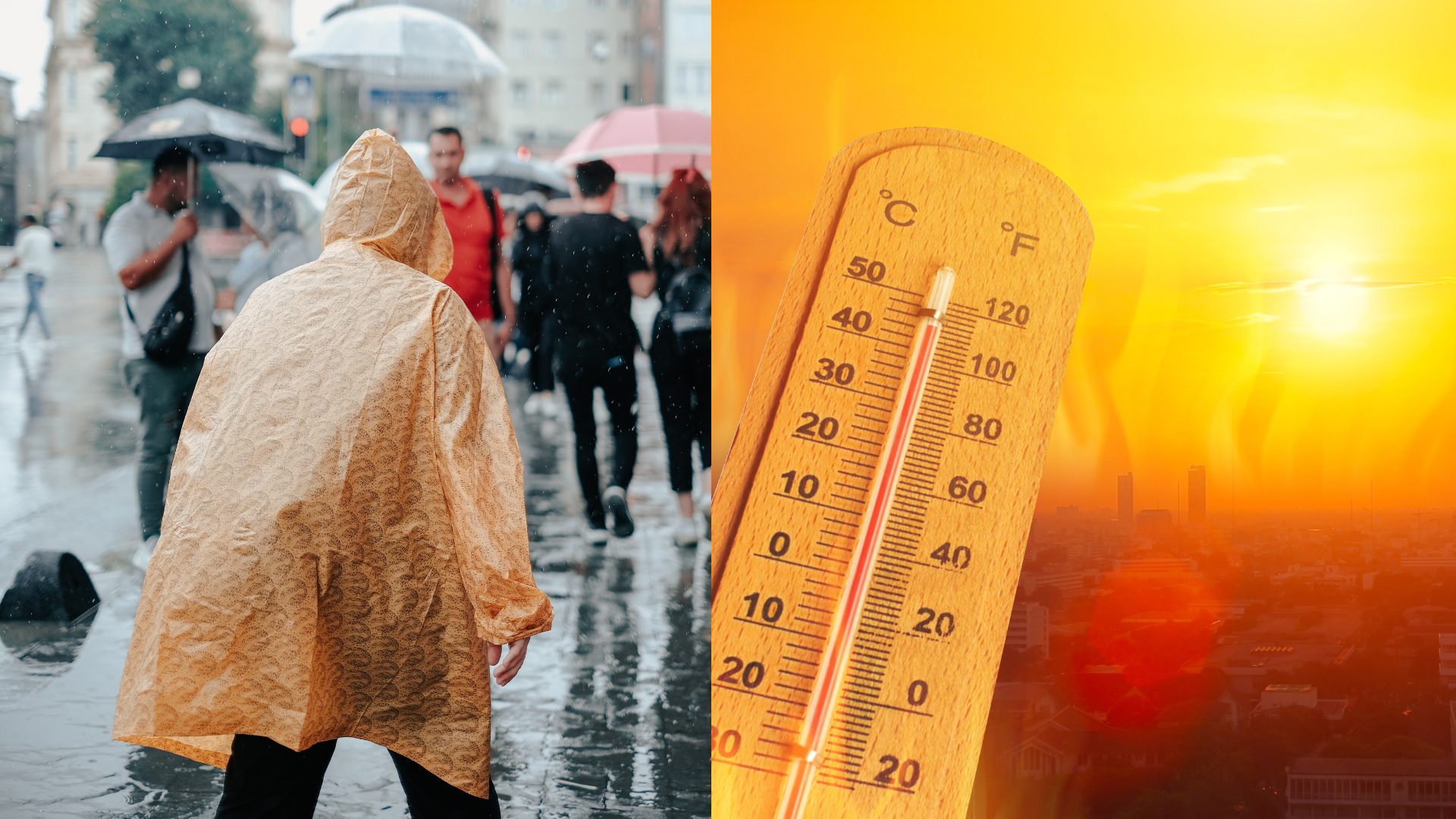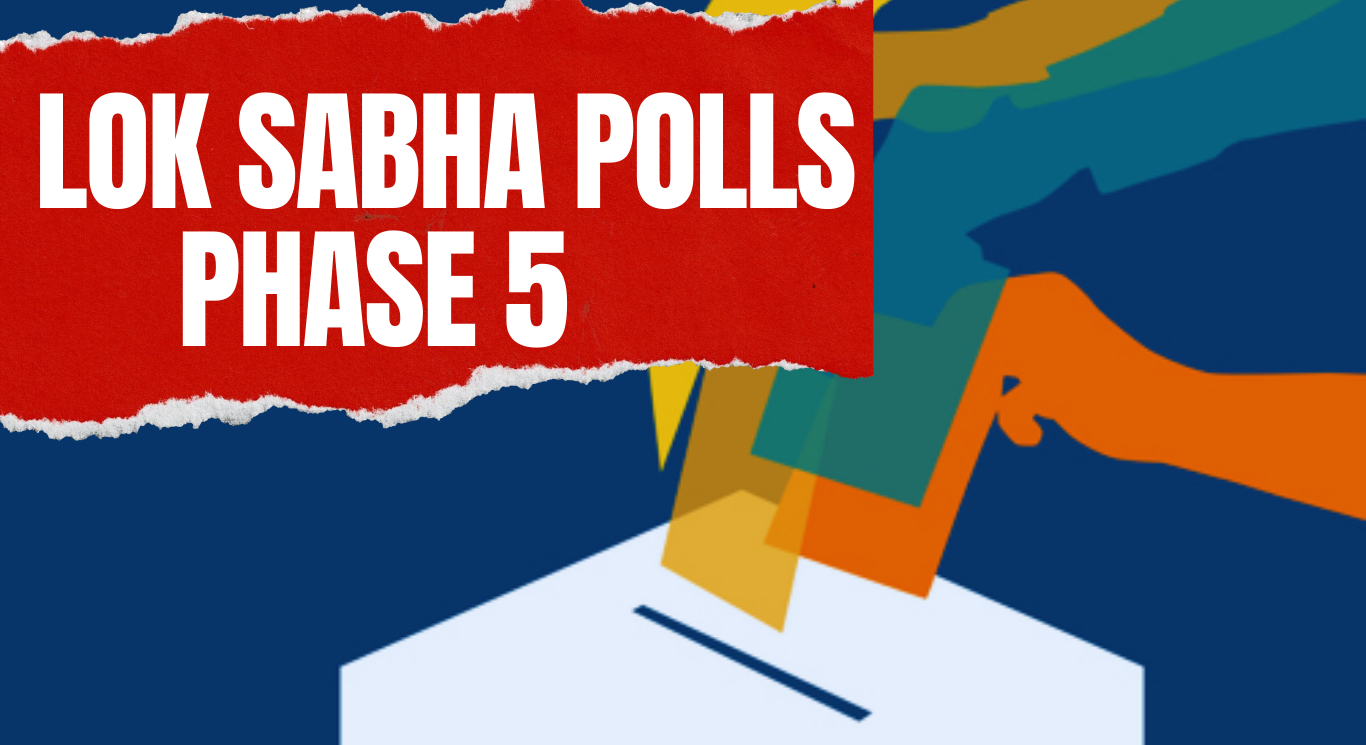The protests extended to various parts of Rajasthan, causing traffic jams on significant highway routes, including the Dholpur-Karauli route, Udaipur-Nathdwara route, Sawai Madhopur-Kota Lalsot route, Bhilwara-Ajmer route, and Anupgarh-Ganganagar.
Ashutosh Awana, the spokesperson for the Rajasthan State Roadways Transport Corporation, remarked, “Protests caused traffic jams on multiple routes. The functioning of roadway buses was disrupted, but normal operations resumed following police intervention.”
He assured the public that the ongoing protests by transporters would not hurt the operation of roadway buses in the region.




















